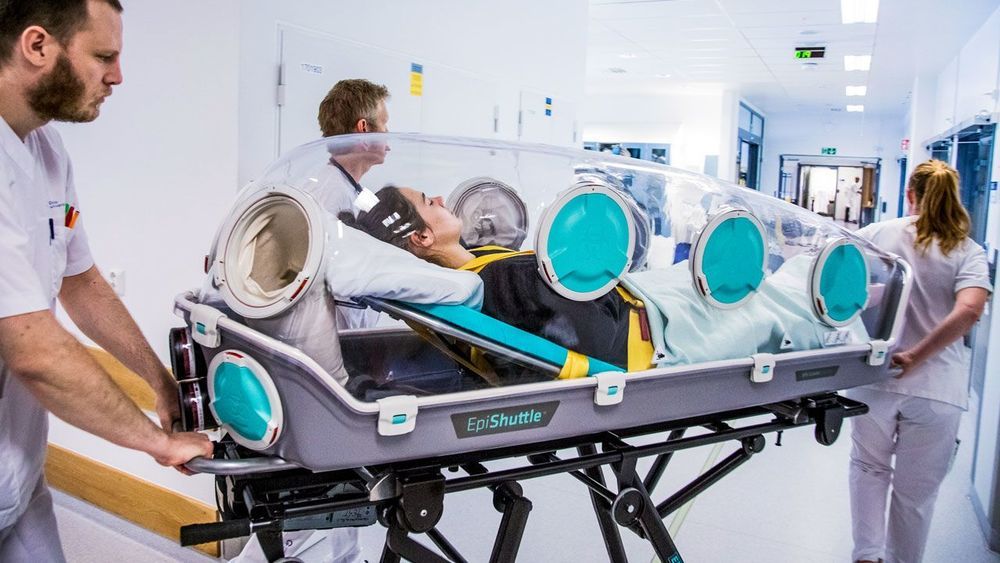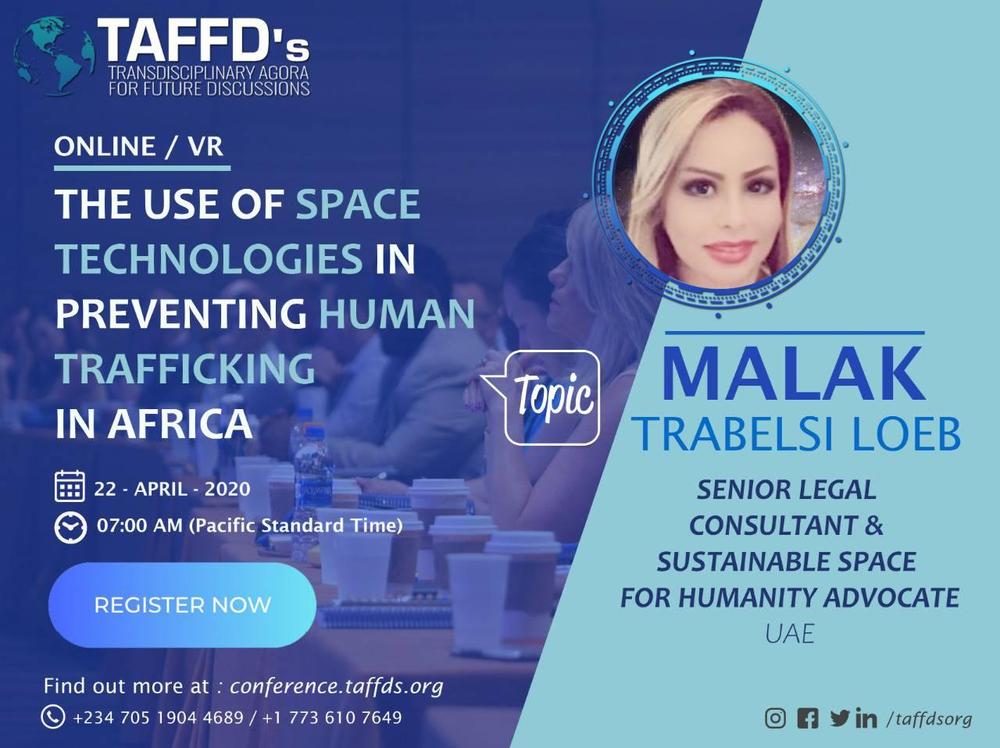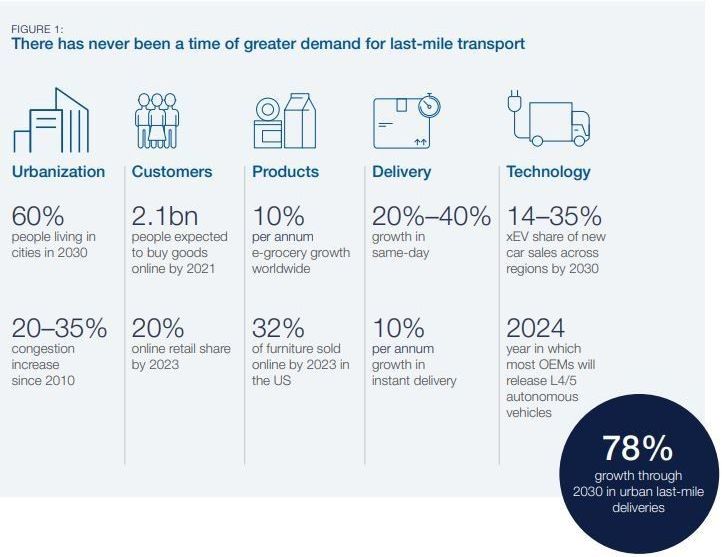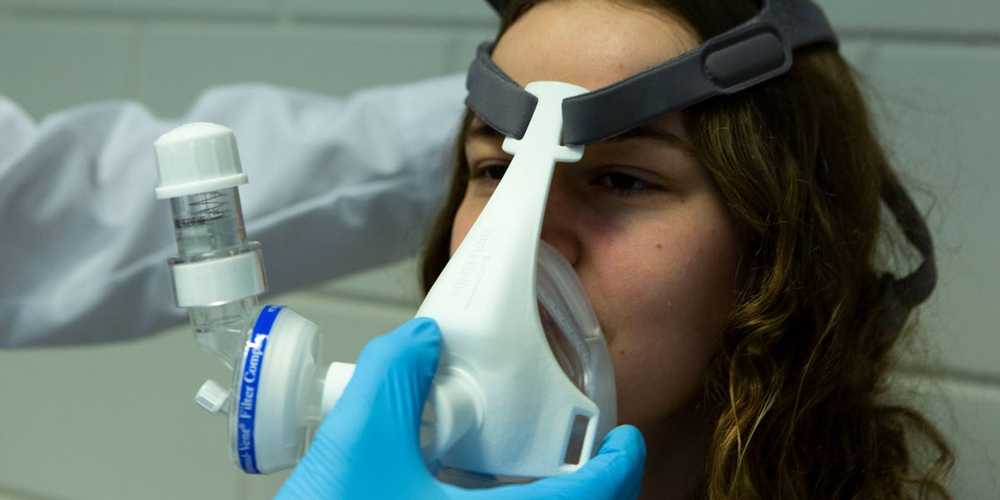NASA’s new 3-dimensional portrait of methane concentrations shows the world’s second largest contributor to greenhouse warming, the diversity of sources on the ground, and the behavior of the gas as it moves through the atmosphere. Combining multiple data sets from emissions inventories, including fossil fuel, agricultural, biomass burning and biofuels, and simulations of wetland sources into a high-resolution computer model, researchers now have an additional tool for understanding this complex gas and its role in Earth’s carbon cycle, atmospheric composition, and climate system.
Since the Industrial Revolution, methane concentrations in the atmosphere have more than doubled. After carbon dioxide, methane is the second most influential greenhouse gas, responsible for 20 to 30% of Earth’s rising temperatures to date.
“There’s an urgency in understanding where the sources are coming from so that we can be better prepared to mitigate methane emissions where there are opportunities to do so,” said research scientist Ben Poulter at NASA’s Goddard Space Flight Center in Greenbelt, Maryland.






